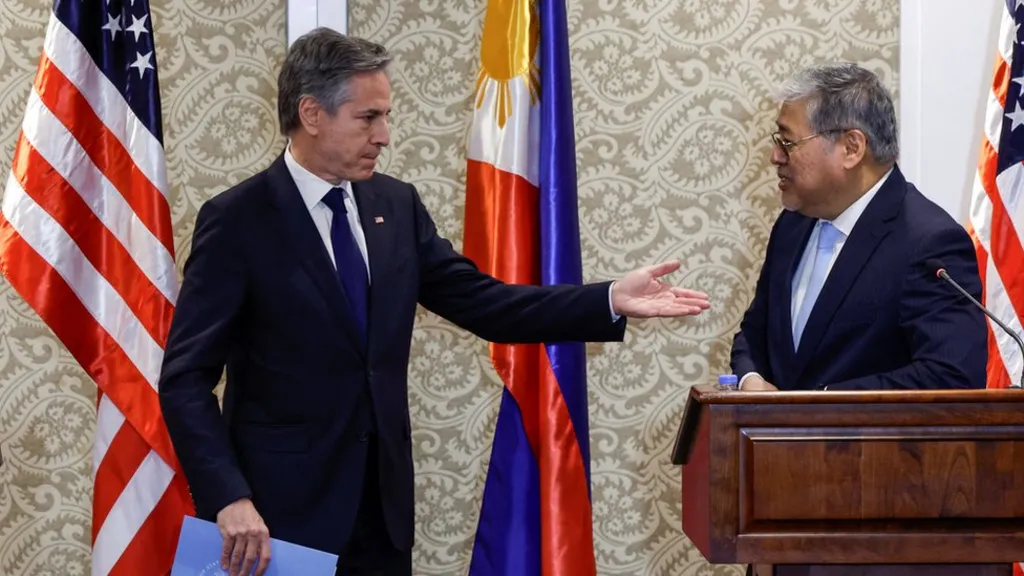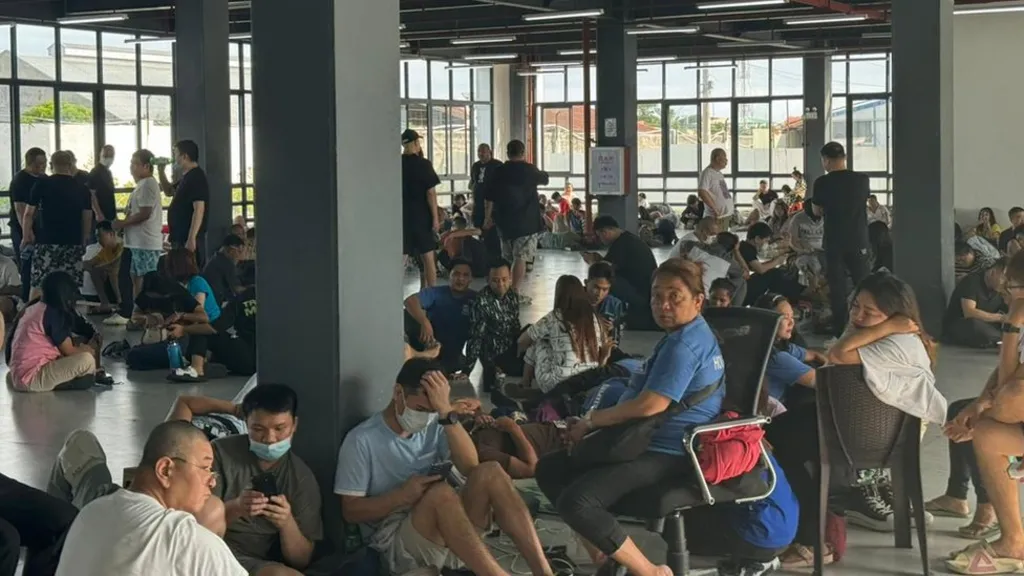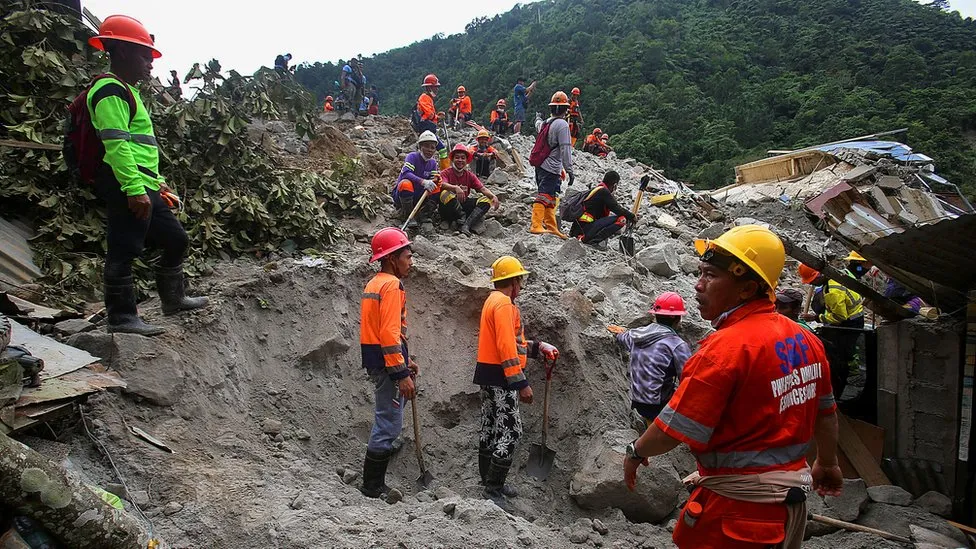Last Thursday was the 66th anniversary of the birth of the Greek Cypriot pro-enosis paramilitary group EOKA, and the day chosen by TRT to première their new drama series Bir Zamanlar Kıbrıs, or “Once upon a Time Cyprus”. The series is based on Cyprus in the 1960s, and portrays the stories of characters both real and fictional during the inter-communal conflict that took place on the island throughout that decade.

The first episode was two and a half hours long, but I, like many others, set the time aside out of curiosity in order to see how Cyprus, Cypriots, and the period of time in question would be portrayed. In the weeks prior to last Thursday, the series had already become a controversial subject. Many people believed that TRT were going to create a propaganda piece, and there were also questions raised about how “covid-safe” it was to set up, film, and hold a première for a new series during these times.
For me, the episode was very emotive. The directors barely held back on showing the violence of the Bloody Christmas of 1963 in all its obscenity, and intertwined that with heart-wrenching personal story lines between various characters. It was easy to put oneself in the shoes of any one of the characters, and begin to imagine how terrifying life must have been for those who were alive back then. Of course, that feeling is amplified by the fact that I live here, and recognise the places filmed and referenced, but the writers, directors, and actors definitely deserve acclaim for provoking that emotional reaction in me and many others.
[penci_ads id=”penci_ads_1″]
Was it over-dramatised? Yes, but it is a drama. Bir Zamanlar Kıbrıs isn’t a factual documentary and does not aim to educate the viewer in the same way a documentary would. Its purpose is entertainment, rather than information. Sure, it’s based on a true story, and that’s what makes it emotive, but it is not, and was not intended to be a completely accurate representation of all of the events of the time.
The embelleshing of the story was done to create more exciting television
Sure, it would have been nice if, for example, the characters spoke in the Cypriot dialect rather than in İstanbul Turkish, but the decisions made in production were made from a point of view of marketing this (probably very expensively-made) television series to as wide an audience as possible. The same, of course, applies to the artistic licence taken on the historical context.
In my mind, that does not constitute propaganda. This rings especially true when you consider the fleeting but important moments where the Greek Cypriot community at large is portrayed. “Alexis”, a Greek Cypriot character, was the second to be killed in the first episode following his furious reaction to the murder of “Veli”. There is also the horrified reaction of a Greek Cypriot family shown in their house as the Bloody Christmas takes place, and one Greek Cypriot character who is killed for trying briefly to defend his Turkish Cypriot neighbours’ property.
[penci_ads id=”penci_ads_1″]
For me, this is evidence enough that the embellishing of the story of Cyprus in the 1960s in this series was done out of a willingness to create a more exciting and marketable television series, rather than a cynical attempt at creating propaganda. Propaganda would likely be much more malicious than this.
We unfortunately live in a time of “culture wars”
So why, therefore, has Bir Zamanlar Kıbrıs proven so controversial? There are, in short, two reasons. First of all, with the Cyprus Problem still unsolved, the period of time in question is still very controversial, and forms part of the base of most people’s worldviews. Therefore, to see it portrayed in a way that does not align with their worldview, or misses out perceived important bits of history, is going to create a negative reaction.
Secondly, we unfortunately live in a time of “culture wars”. Any cultural reference point is turned into a political debate of some sort, and the nature of Bir Zamanlar Kıbrıs meant it was caught up in this. People took to social media and conventional platforms in great number in order to express their feelings towards the series in relation to Cyprus’ political and cultural outlook both now and in the 1960s.
Maybe I am simply fatigued by “culture wars”, or maybe I am exactly right about this, but to my mind, the most important takeaway from the first episode at least was that it was just a television show, and the people in it were actors. For that reason my personal stance on it, and my recommendation to others would be to watch Bir Zamanlar Kıbrıs and to enjoy it for what it is – a drama series. There are documentaries and historians aplenty to educate you on the rest.



